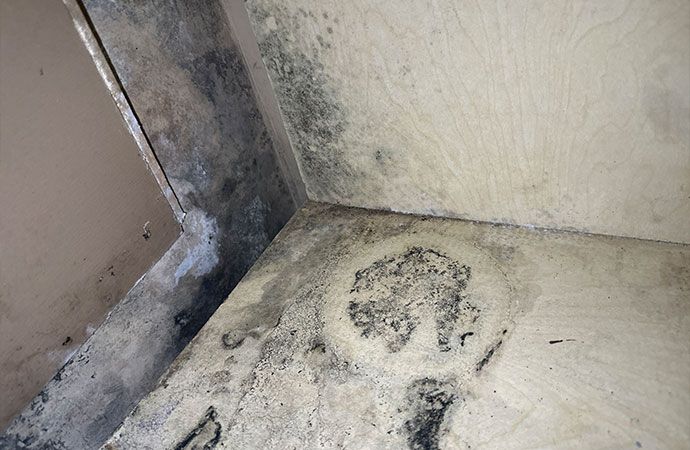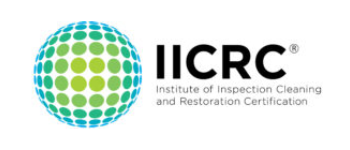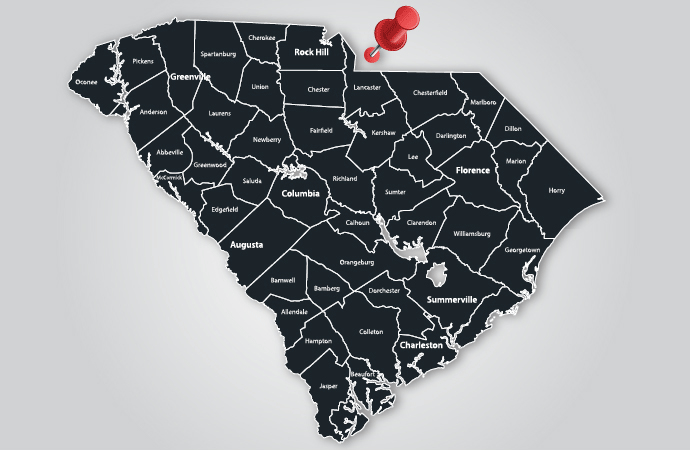Can My Walls Grow Mold After Water Damage?
Water damage in a home can occur for a number of reasons. Some of the most common causes include burst pipes, plumbing issues, faulty household appliances, toilet overflows, sewage backups, and leaking HVAC units. When water damage occurs, one of your first concerns may be mold. Nearly all surfaces can grow mold, including your walls. It does not take long for mold to infiltrate drywall. Mold remediation in Columbia usually requires the complete removal of these materials to help stop the spread.

What Mold Needs to Grow
Fungi can begin to germinate and grow in as little as 24 to 48 hours if the conditions are right. Mold just needs food, water, and oxygen to grow–all the things that can be found in an average home that has suffered water damage. Mold thrives in spaces where moisture and humidity are present. While mold prefers dark areas, it can actually grow in environments with light. This fast-growing fungus can be found behind wallpaper, beneath damp carpeting, above ceiling tiles and on textiles like drapes and clothing. While mold cannot grow on inorganic materials, such as metal and glass, spores can survive on the dust found on these surfaces.
Spotting Early Signs of Mold
When most people envision mold, they picture green fuzz spreading across their walls. However, just because you do not see visible mold growing in your home does not mean it is not there. Mold can often go undetected, especially if it starts to grow behind furniture, in walls, above ceilings, or under carpets. Mold can even grow in tiny crevices, around plumbing pipes and even under the wallpaper and paint on your walls.
If you have recently dealt with water damage in your home, look for signs that could indicate a mold problem. A musty odor in your home is a surefire sign of mold growth. You may also notice your wallpaper or paint cracking, peeling, or bubbling. You or people who live in your home may also start experiencing respiratory ailments. Some of the most common symptoms of mold allergies include coughing, sneezing, sinus headaches, runny nose, congestion, itchy throat, watery eyes, irritated skin, wheezing, and overall difficulty breathing.
In time, you will likely spot the visible signs of mold. Mold can appear white and thread-like or as small black spots that often appear in clusters. Fungi can also be gray, brown or green. When it grows behind wallpaper or vinyl, it can take on a pink, orange or purple tone. If you have had past water damage in your home, it is important to be wary of possible mold growth.
How Mold Spreads
Once mold starts to grow, it can spread quickly throughout a room and eventually an entire home. As a type of fungi, mold contains spores that release into the air. These spores then repopulate and spread across large areas. All it takes is a single spot to start mold and then it will gradually spread outward. People, fans, air ducts and other disturbances in the home can cause the mold to spread quicker due to the disruption of spores. As long as mold has food, water, and oxygen, it can continue to grow and spread in your home.
How to Clean Mold
Mold removal in Columbia, SC is not as simple as wiping down the walls with a rag. In fact, this approach can actually cause the problem to get worse as you are essentially forcing the spores to become airborne. Ideally, you want to prevent mold in the first place by drying areas immediately when they become exposed to water. If you start noticing a musty odor or other signs of mold, call in a mold remediation company immediately to start the process of mold removal. As breathing in mold can be harmful, this job is best left to the professionals.
Consequences of Unattended Mold
Mold can be costly and dangerous if left untreated. As mold continues to grow in your home, it will stain the surfaces it grows on, leaving your belongings with unsightly discoloration. It can also cause irreversible damage to building materials, such as drywall. These materials will likely need to be replaced if they suffer water damage. You may also suffer from the health consequences of mold. Breathing in mold can be very irritating to the lungs, especially in those with preexisting asthma or allergies.
Contact the Experts for Mold Remediation
Taking care of mold after water damage is critical if you want to minimize damage. One of the best things you can do for your family, your home, and your wallet is to call in a mold remediation company to safely remove the mold and restore your home. To learn more about mold remediation services or to schedule service with a mold removal expert, call Kingsley Water Damage & Fire Cleanup.





